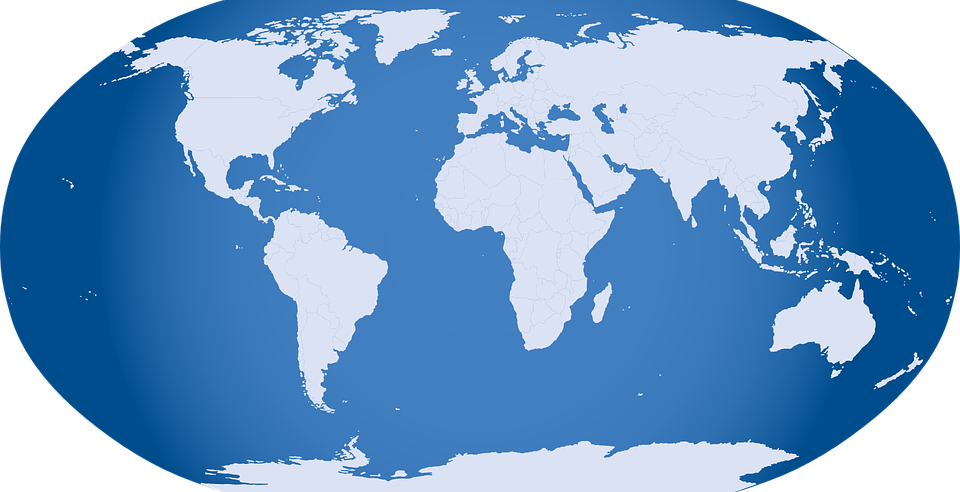Advancing a political agenda using disinformation amounts to a form of non-kinetic warfare lethal to fledgling democratic institutions. In recent years the African continent has been the targeted by at least 16 separate disinformation campaigns by Russia, among others. The massive effort is inclusive of millions of false and misleading social media postings subtly designed to disable critical thinking in the population and instill confusion and mistrust of local, democratic-leaning, African leaders. Russia, the main culprit, employs a dezinformatsyia campaign strategy first initiated by Joseph Stalin. Today its tactics are fragmenting and weakening civil society in the region and destroying nascent democratic movements. Russia’s success in Africa has inspired other foreign governments and domestic actors to use a similar strategy for their own ends.
Increasingly sophisticated influence operations are contributing to the current political instability across the continent. In the strategically important Sahel region of West Africa alone there have been a number of military takeovers during the last 19 months. “Campaigns on Facebook appear to have prepared the ground for many of the coups, pushing an anti-western, pro-Russian agenda that has undermined governments. The efforts are similar to the “hybrid warfare” campaign launched by Moscow in Ukraine and elsewhere,” according to the Guardian’s African Correspondent, Jason Burke.
Digital Forensics Lab (DFL), a group run by the Atlantic Council, recently exposed pro-Russian Facebook groups coordinating support for anti-democracy protests. In some cases their actions go beyond virtual campaigns. The online groups involved the secretive Wagner group, a controversial Russian private military contractor, that was invited into Mali last year after the overthrow of its President Bah N’daw by the country’s armed forces. Analysts in Washington point to Yevgeny Prigozhin, a well-positioned Wagner businessman closely linked to Vladimir Putin, as the source of funding for the mercenaries in Mozambique, Sudan, Libya and in Central African Republic. An independent group of UN specialists reports that approximately 400-600 Wagner group fighters are committing human rights abuses as they fight with government forces to suppress rebels in the area.
Tessa Knight, a South Africa-based researcher with DFL said in an Africa Center for Strategic Studies (ACSS) report that every time she … “set[s] out to search for coordinated disinformation in advance of an election or around conflicts, I have found it. I have not investigated an online space in Africa and not found disinformation…a lot of people are not aware of the scale…that is happening in Africa and how much it is distorting information networks.” Knight says that Facebook places a lower priority on removing inauthentic material from disinformation campaigns on Africa pages. Removal also appears to be a lower priority for Twitter, Instagram, TikTok, and WhatsApp. ACSS reports that allowing these networks to operate, including in the Sahel, is reflective of a larger disinclination by Facebook and other social media corporations to admit that are adding destabilizing and incendiary material to the information environment and at times aiding mercenaries in the region. ACSS notes that “In response to claims by social media giants that they are trying to be neutral, analysts contend that allowing intentionally false content to be amplified on their platforms is itself a bias and contributes to actively shaping information systems in a way that is damaging for informed democratic discourse.”
Documented pro-Russian campaigns beginning on March 2, 2022, in Ghana, South Africa, and Nigeria produced 23 million tweets with the hashtag “I stand with Putin” and “I stand with Russia.” In Nigeria, social media accounts of 618 legitimate journalists were hacked and used to post 766 unauthorized messages to spread pro-Kremlin narratives about the Ukrainian war. In Kenya, 37,000 verified social media accounts received funds to push out 23,000 tweets under 31 artificial hashtags on one single network. The goal, according to Kenyan authorities was to distort public opinion, discredit journalists, and target activists. Mali, Burkina Faso, and Niger also suffered attacks on Facebook. Accounts with over 140,000 followers had 24,000 messages inserted, one-third of which were posted within a 60-second period in a leadup to elections in Mali. Last year in Sudan the disinformation network campaign gained a following of over 440,000 user accounts.
The Russian military strategy of “ambiguous warfare” is expansive across Africa and threatens to destabilize many of the movements for reform while also attempting to prop up old dictatorships friendly to Moscow. Joseph Siegle of ACSS noted that “While projecting the image of a Great Power, Russia relies on asymmetric tactics to gain influence and pursue its strategic objectives in Africa…. by capturing the allegiance of politically isolated leaders.” External actors like Russia are colluding with senior African political leaders and institutions, making huge profits, and leaving African citizens foot the bill.
Daria Novak served in the U.S. State Department
Illustration: Pixabay
